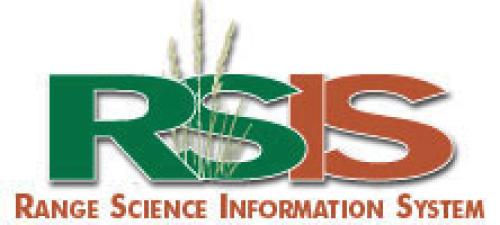Along the sandy shores of the Great Lakes, two annual flowering plants that grow there are Cakile edentula (sea rocket) and Corispermum hyssopifolium (bugseed). This habitat is unpredictable and plants are subject to grazing by a number of insect herbivores as well as browsing by white-tailed deer (Odocoileus virginianus). Greenhouse experiments showed that both species were able to compensate for low to moderate levels of artificial defoliation. However, high levels of defoliation, near the time of anthesis, reduced the growth and reproductive output of both species. Similar experiments in the field revealed that, although the critical time of damage was still the same, the plants were less able to tolerate herbivory. C. edentula plants exposed to natural herbivory in an unsprayed cabbage field were quickly attacked by large numbers of specialist insect herbivores and completely defoliated in 11 days. The fact that such damage does not occur in its natural habitat suggests that C. edentula escapes heavy damage because insects are unable to locate these populations along the shoreline. In conclusion, populations of C. edentula and Cor. hyssopifolium at the study site are not threatened by herbivores at present. The damage that does occur can be compensated for and tolerated. Deer grazing, although still low, seriously affects individual plants. However, if the deer population continues to increase at its present rate, more individuals of C. edentula will be grazed and the plant population, as a whole, will be threatened.

Citations and enhanced abstracts for journals articles and documents focused on rangeland ecology and management. RSIS is a collaboration between Montana State University, University of Idaho, and University of Wyoming.